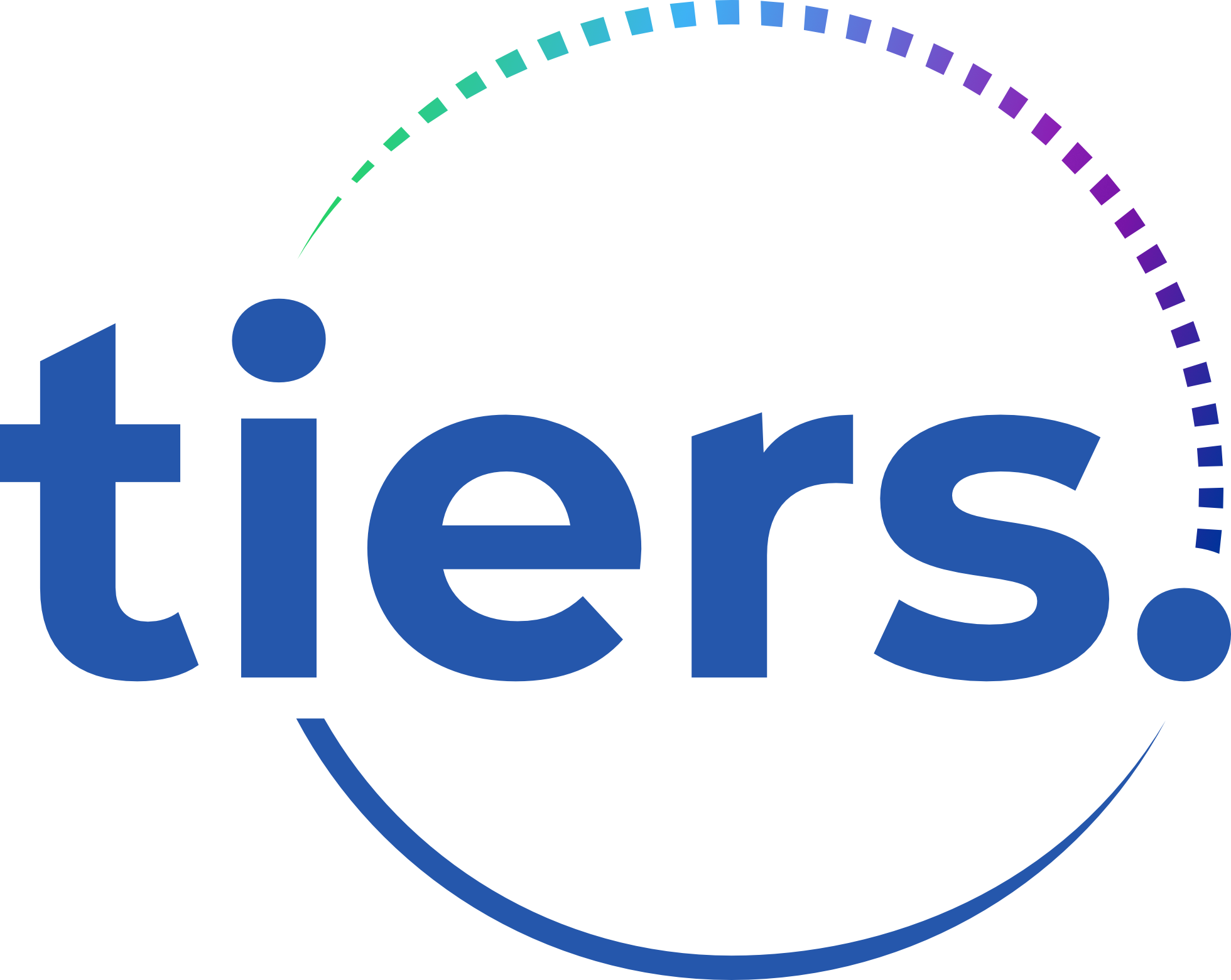Starting your first job can come with a whirlwind of emotions – excitement, fear, and the humble feeling of finally being financially independent. However, with the newfound financial independence, knowing how to manage your earnings properly is important. This article will guide you on handling your first earnings wisely and laying a solid financial foundation for your future.
Remember: “The foundation of a financially secure future isn’t built overnight. It takes time, patience, and a solid understanding of money management principles.”
Budgeting Basics: Creating a Monthly Spending Plan
As a young professional in Kenya, you must hit the ground running when managing your early earnings. It starts with becoming savvy about building a monthly spending plan, also known as a budget. This habit not only gives you a clear picture of your income and expenses but also steers you towards achieving your financial goals.
Tracking Your Income and Expenses
An effective monthly budget hinges on knowing exactly how much you earn and where it goes. Start by listing all sources of income, including your salary and side hustles, if any. Simultaneously, track every cent you spend, categorising rent, groceries, utilities, transport, and entertainment as necessary.
Understanding Your Spending Habits
A deep dive into your expenses often reveals surprising insights about your spending habits. You may be spending too much on takeout or unused subscriptions. This process will help you identify areas where you can cut back and redirect funds towards savings or investment.
Setting Up Your Monthly Budget
Having analysed your income and expenses, the next step is to plan your budget. Allocate funds to each category, remembering to be realistic about how much you plan to spend in each. Remember that your budget should entail less spending than your total income to accommodate saving and investment.
Sticking to Your Budget
Creating a budget is one thing; sticking to it requires discipline. Staying from your budget for an impromptu outing or a shiny new gadget may be tempting. But staying steadfast in your financial plans puts you on a path to financial security.
In the end, remember that a budget is not set in stone. Your income and expenditure will fluctuate, and your budget should be flexible enough to accommodate these changes. Never fear adjusting it as your financial circumstances evolve, but always keep your end goals in sight.
With careful budgeting, you’ll enjoy the peace of mind that comes with well-managed finances, be better prepared for unexpected expenses, and set yourself up well for future financial success.
Saving Strategies for Beginners
You’ve secured your first paycheck—congratulations! As a young professional in Kenya’s bustling economy, how do you ensure you wisely manage your early earnings and build a strong financial foundation? It’s not as complicated as it might seem initially, but it requires discipline, smart decisions, and strategic planning. So, let’s dive deep into the world of saving strategies for beginners.
Establishing an Emergency Fund
Picture this scenario: you’re met with a sudden, unexpected expense—a costly car repair, a medical emergency, or a sudden job loss. These instances could potentially throw you into financial turmoil. This is where an emergency fund comes in handy. Having money set aside for unforeseen circumstances can give you peace of mind, knowing that you can face temporary setbacks without jeopardising your future. The initial goal is to save at least three months’ worth of living expenses.
The Magic of Compounding
The earlier you begin saving, the better. Why? Because of something they call compound interest. Compound interest is when the interest that accrues on your savings also earns interest. In other words, your money makes money. Over time, little additions compound to become substantial, making your savings grow at an exponential rate. That is precisely why starting to save in your early days of earning can bolster your financial robustness in the long run.
Automated Savings
Let technology do the work for you. Automated savings means setting up a regular transfer from your main bank account into your savings account. This strategy helps reduce the temptation of spending that could be saved. It ensures a portion of your earnings consistently goes towards building your financial safety net. Remember, out of sight, out of mind.
Debt Management
Maintaining control over your debt is crucial. High-interest debts, such as credit card debts, can significantly eat into your potential savings if left unchecked. Always aim to prioritise your debt payments and strive to keep them manageable. Clearing your debt can free up more of your income for saving and investment.
Saving might seem challenging initially, but as with anything, it gets easier with time and practice. Now equipped with your newfound knowledge, it’s time to start effectively managing your first earnings and setting the stage for your future financial independence. Remember, the journey of a thousand miles begins with a step.
Exploring Different Types of Savings Accounts
Understanding your various savings accounts is vital in making informed financial decisions. As a young professional in Kenya, understanding these options can help empower you to manage your earnings wisely and construct a strong financial foundation. Let’s dive into these various alternatives in more detail.
Regular Savings Accounts
Regular savings accounts, sometimes called deposit accounts, are a safe place to store your money. Banks often provide a nominal interest on the amount held in these accounts. Although the returns offered on a regular savings account are relatively small, easy access to your funds can be a significant advantage in unforeseen circumstances or emergencies.
High-Yield Savings Accounts
High-yield savings accounts are deposit accounts that pay a higher interest rate than a standard savings account. The interest rate is often significantly higher, making these accounts an excellent option for stashing away a chunk of your earnings to generate passive income. However, it’s essential to remember that these accounts often require maintaining a minimal balance and may have certain withdrawal restrictions.
Money Market Accounts
Money market accounts function similarly to regular savings accounts but typically offer higher returns. These accounts often have added features such as check-writing abilities and ATM cards. However, they also usually require higher minimum balances and may limit the number of monthly transactions you can perform.
Certificate of Deposit (CD)
A certificate of deposit, or CD, is a type of fixed-term deposit provided by banks or credit unions. These accounts often give higher returns than typical savings accounts. However, with a CD, you agree to leave your money untouched for a fixed period, varying from a few months to several years. Early withdrawal from a CD can incur penalties, so it’s important to consider if you can commit to the term before investing.
In conclusion, every type of savings account has pros and cons. The choice depends significantly on your specific needs, financial goals, and comfort level with the associated risks and restrictions.
Maximising Your Employee Benefits
As a young professional in Kenya, it’s not only your salary that matters; the benefits you receive from your employer can be a crucial part of your overall compensation. Knowing how to maximise these benefits can greatly boost your financial well-being.
Understanding Your Benefits Package
Firstly, it’s essential to understand what benefits are included in your employment package. You may be granted a range of benefits like healthcare, retirement contributions, vacation time, and bonuses. Ensure you are clear on the details of these perks and know how to utilise them optimally. Feel free to ask your HR department if you have any questions or need further clarification.
Health Care and Insurance Benefits
Health benefits are often a major part of an employee benefits package. If your employer offers comprehensive health coverage, understand its terms and conditions. What services and treatments are covered? Are your preferred health practitioners part of your coverage? Always strive to maximise these benefits to maintain your health while minimising out-of-pocket expenses.
Retirement Contributions
Another crucial aspect of your employee benefits is the contributions made to your retirement fund. Some employers will match a certain percentage of your contributions, and it’s advisable to contribute the maximum amount that will be matched. This is free money deposited directly into your retirement fund, offering a secure base for your financial future.
Vacation and Time-off Benefits
Vacation and time-off benefits are also important to consider. While it might seem like a good idea to forego vacation time to look more dedicated, it’s critical to remember that time off is essential for maintaining work-life balance and recharging your batteries. Adequate time off can improve your productivity and performance at work.
Bonus and Incentive Schemes
Finally, if your company provides a bonus scheme or other financial incentives, understand how they work and what you need to do to maximise your earnings from these programs. These additional funds can be used towards your savings goals or to pay off existing debt.
In conclusion, fully leveraging your employee benefits is a key aspect of financial management. By understanding and maximising these benefits, young professionals in Kenya can significantly boost their economic comfort and lay the groundwork for a secure future.
Financial Resources for Young Professionals
As a young professional in Kenya, you need to explore the financial resources available to you. These resources can help strengthen your financial foundation and empower you to manage your early earnings wisely.
Digital Financial Platforms
Increasingly, digital financial platforms are becoming a cornerstone of personal finance. These tools can help you budget, track expenses, and visualise your economic progress over time. Some platforms offer additional features like bill reminders, free credit score checks, and investment advice. It’s well worth exploring the myriad options available to choose the one that benefits you the most.
Professional Financial Advisors
Professional financial advisors can offer personalised, expert advice on handling your finances. They can help you establish your short-term and long-term financial goals, develop budgeting strategies, advise on investment opportunities, and more. While they may charge for their services, the cost can be worth it for the guidance and peace of mind they provide.
Educational Resources and Literacy Programs
Various organisations and institutions offer financial literacy programs to educate individuals on the ins and outs of personal finance. These programs can cover budgeting, debt management, investing, retirement planning, and more. Additionally, several educational resources, such as books, blogs, podcasts, and videos, are available online for free.
Community Savings and Investment Groups
Community savings and investment groups, prevalent in many parts of Kenya, provide an avenue for funds and an opportunity for members to borrow and invest. Participating in such groups can help you cultivate a savings culture, learn from others’ financial experiences, and gain a sense of accountability in managing your finances.
Overcoming Financial Challenges: Strategies for Success
No one is immune to financial challenges—they can strike anyone anytime. However, you can overcome these obstacles and achieve financial success with a sound plan and a resilient mindset. Below, we’ll discuss some practical strategies to steer you through your financial journey.
First, let’s address a common setback for many young professionals – unexpected expenses. These can throw a wrench in even the most comprehensive budget. How can you prepare for these? The answer often lies in creating a ‘Rainy Day Fund’. This separate savings account handles financial surprises, such as car repairs, home maintenance or sudden medical expenses.
Building Your Rainy Day Fund
Start your fund by setting aside a small percentage of your income each month. Even an amount as modest as 5% can accumulate into a substantial fund over time. Remember, the key is consistency. Save regularly and resist the urge to dip into these funds for non-emergencies.
Investing Early and Wisely
Investing may seem daunting at first, but, like many things in life, starting as soon as possible can yield significant results. For novices, mutual funds offer a great starting point. These investments pool money from many individuals and invest in diversified portfolios, spreading risk and increasing potential returns.
Getting Your Ducks in a Row: Planning for Early Retirement
You’re never too young to start thinking about retirement. While it may seem far off, planning anticipant ensures a comfortable and secure life in your later years. Consider maximising your contributions to retirement funds, especially if your employer offers matching improvements.
Avoiding the Pitfalls: Mindful Credit Card Use
Credit cards can be a double-edged sword. On one hand, they offer convenience and the opportunity for rewards. On the other, reckless use can lead to a spiralling debt trap. It’s important to use your credit card judiciously, paying off balances in full each month to avoid hefty interest charges.
Continuous Learning: Staying Informed About Financial Trends
The financial world is ever-evolving, and it pays to stay informed. Regularly read financial news, stay up-to-date with market trends, and don’t hesitate to learn from financial experts. In this case, knowledge is indeed power— the power to make wise financial decisions.
Remember, the road to financial stability isn’t linear. There’ll be some bumps along the way. But with these strategies, you’ll be well-equipped to navigate the maze of personal finance and reach your financial goals.
Get informed on how to do more with your money.





